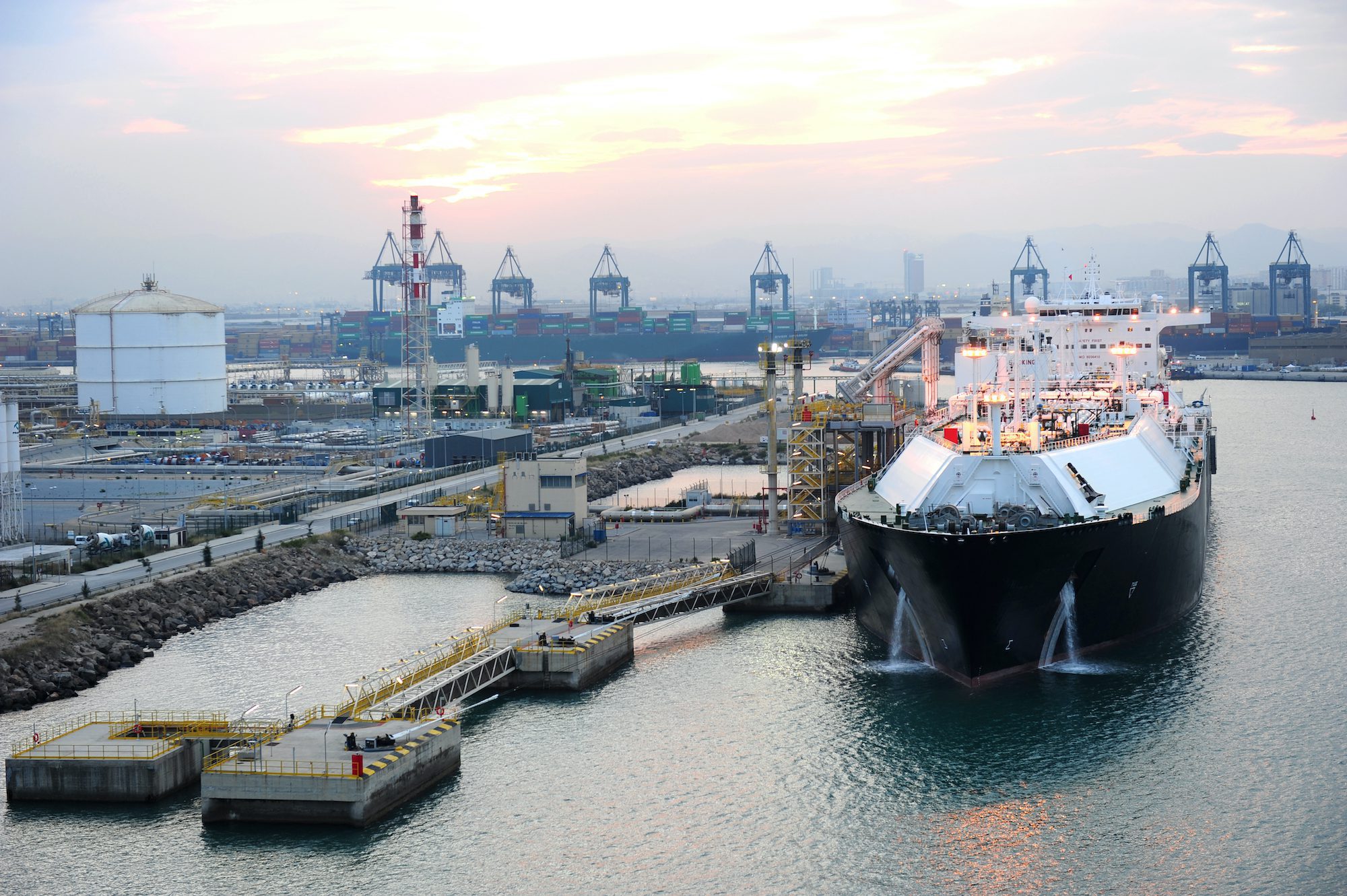A memorandum of understanding (MoU) has been signed to mark bilateral cooperation and digital innovation in maritime technologies between German and Latvian public and private sector partners to address challenges in port infrastructure management in the Baltic Sea.
The signatories include LMT, the Freeport of Riga, the Port of Hamburg, the Electronic Communications Office of Latvia, the Fleet of Hamburg, and LVR Flote.
The objectives of the memorandum are twofold: to identify the key challenges in the port and maritime sector, as well as to develop practical solutions in maritime digitalization with a goal to arrive at joint proof-of-concept (PoC) demonstrations.
The signatories agree to implement the demonstrations within two years’ time.
The goal of the memorandum will be achieved by creating two workgroups, each tasked with addressing their own set of challenges:
Each workgroup has already met and identified key activities, which are aimed to implement within the defined two-year period.
The workgroups will be overseen by LMT Innovation Development Lead Arturs Lindenbergs, who will be responsible for ensuring alignment with strategic goals across stakeholders and overseeing the implementation of the goals.
“With our neighbors along the shores of the Baltic Sea, we are not only sharing similar challenges but are committed to addressing them together by sharing knowledge, good practice and by collaborating in a very practical way,” said Melanie Leonhard, Minister of Economy and Innovation of the Free and Hanseatic City of Hamburg.
“Ports are vital engines of economic development, security, and competitiveness across the European region. Today’s workshop was a concrete step toward addressing our shared challenges in port infrastructure management, pioneering digital innovations, and achieving operational excellence in the Baltic Sea region,” added Kaspars Ozolins, Member of the Board of LVR Flote.






